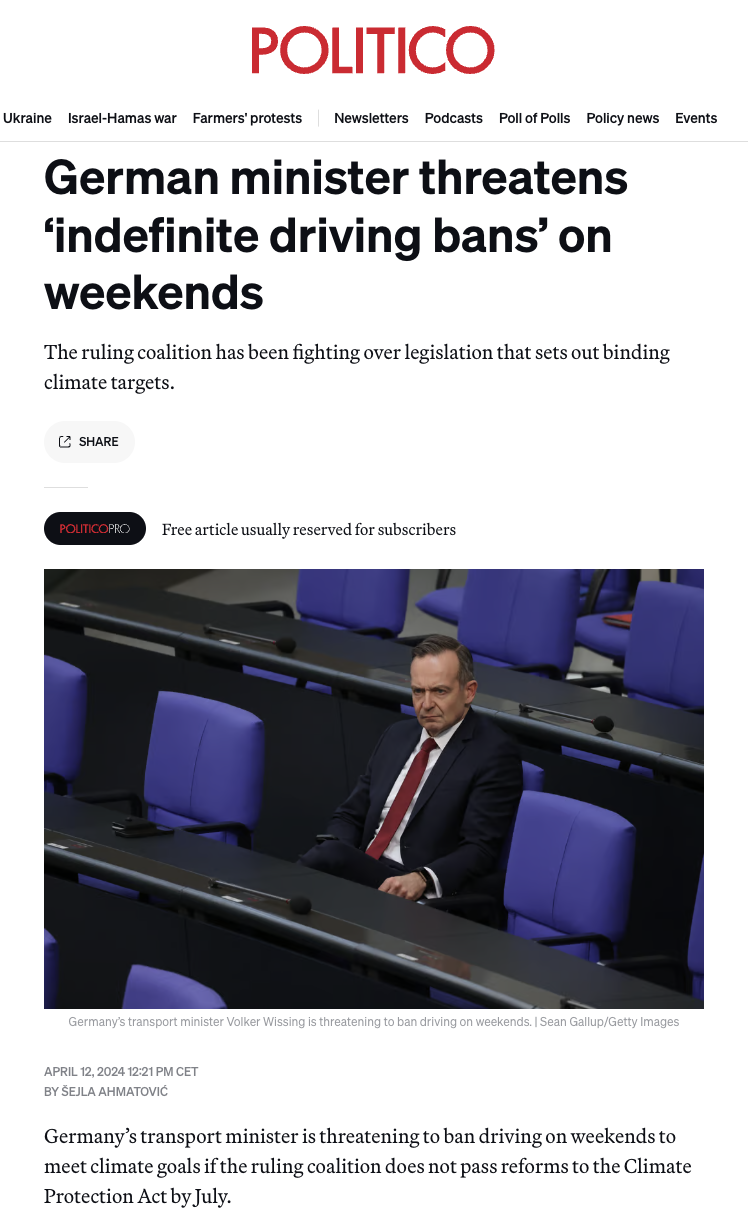Maybe the climate alarmist leaders have finally grown tired of being panned for blatant exaggeration and dishonest fearmongering, based entirely on failing climate models. But of course much of the desired psychological damage has already been done.
Scientists should stop using the very worst predictions for carbon emissions, a study suggests – reporting by the BBC.
Referred to as “business as usual”, the scenario assumes a 500% increase in the use of coal, which is now considered unlikely.
Climate models suggest that this level of carbon could see warming of up to 6C by 2100, with severe impacts.
Researchers say that on current trends, a rise in temperatures of around 3C is far more likely.
How has this confusion come about?
About 10 years ago, ahead of the fifth assessment report from the Intergovernmental Panel on Climate Change (IPCC), researchers developed four different scenarios to describe how carbon emissions might change over the rest of this century.
One of these clumsily titled “Representative Concentration Pathways” (RCPs), was called RCP8.5 and it was intended to show the impact of very high emissions consistent with a five fold increase in the use of coal and virtually no policies to limit CO2 emissions.
RCP8.5 was first developed by energy researchers to help with their modelling. According to the authors of this paper, they didn’t do a good job of communicating the limitations of this approach to climate scientists who wanted to use it to see what would happen with temperatures.
Rather than being seen as something that only had a 3% chance of becoming reality, it became known as the “business-as-usual” scenario, by climate scientists and has been used in more than 2,000 research papers since.
“What we’re arguing is that we’ve been misusing the worst climate change scenario,” said author Zeke Hausfather, director of climate and energy at the Breakthrough Institute in California.
Full report here.
– – –
Nature comment: Emissions – the ‘business as usual’ story is misleading
Stop using the worst-case scenario for climate warming as the most likely outcome — more-realistic baselines make for better policy.
— Zeke Hausfather & Glen P. Peters (research director at the CICERO Center for International Climate Research, Oslo, Norway)
– – –



